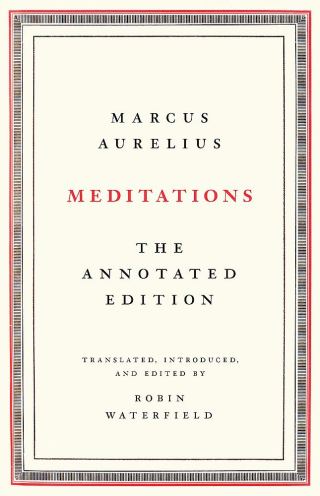Who is the best philosopher? What is the best philosophical idea? What’s the best philosophy book ever written? These are, to put it politely, not the best questions.
It might be helpful, then, to be more explicit about the criteria used to judge philosophy journals. Now of course there are different aspects of philosophy journals to judge (e.g., how well they manage the editorial experience from the author’s point of view, the extent to which their content is accessible, the typesetting), but let’s focus on their content.
What about this question: which is the best philosophy journal? This seems to me of a piece with preceeding ones, yet while most academic philosophers would find those other questions embarrassingly naive, and reluctant to provide answers to them without various qualifiers and cautions, it seems many do take this question about journals seriously.
For example, when Brian Leiter (Chicago) asks the readers of his blog which journals are the best (here, for example), several hundred people, presumably many of them philosophers, proceed to rank them in a survey whose results he posts. I think the most charitable interpretation of what respondents to surveys like this take themselves to be doing is answering the question, “which journals contain a higher proportion of articles I judge to be of high quality”? (Some may be instead answering the question, “which journals contain a higher proportion of articles I judge that most others would judge to be of high quality?”, but I’ll leave aside that possibility and its complications.) If that’s right, the survey results tell us in the aggregate what the respondents think is the likelihood that an article published in a journal will be of high quality; the higher the journal appears in the results, the higher the likelihood an article in it will be one the respondents would judge to be high quality.
That is, when you think about the quality of the works that journals publish in order to form judgments of philosophy journals, what are you thinking of? When you make a judgment about how good a philosophy journal is, what are you paying attention to in regards to the articles that journal publishes?

Such surveys may be informative. (Perhaps similar information might be gleaned from looking at journal acceptance rates.) However, since the respondents of such surveys don’t specify the criteria by which they’re assessing the articles appearing in the journals, since we don’t know who is choosing to answer such surveys and hence are limited in our ability to guess their criteria, since aggregation can smooth out interesting details, and (to depart for a moment from the most charitable interpretation of respondent behavior) since such surveys can be self-reinforcing in ways that affect how people answer them, they are limited.
(This post comes about as a result of a conversation on social media started by Quill Kukla.)
I’m hoping that the responses to this post will generate criteria and vocabulary by which to make more and more varied assessments of journal quality (perhaps to be used in surveys or other informational resources). A richer, pluralistic, and more transparent understanding of journal quality may be useful to prospective authors who are thinking about where to send their work and to readers and researchers who might be exposed to philosophical work they otherwise would have overlooked, and might possibly reduce backlogs at certain journals currently near the top of monolithic rankings.

We all know this. There are so many distinct properties that quite reasonably factor into assessments of philosophers, ideas, and books, and so many reasonable ways to weight these factors, and so many reasonable ways to specify “best” (best at what? best for what?), that any attempt to identify the unqualified “best” philosopher, idea, or book will be an exercise in equivocation and confusion.





